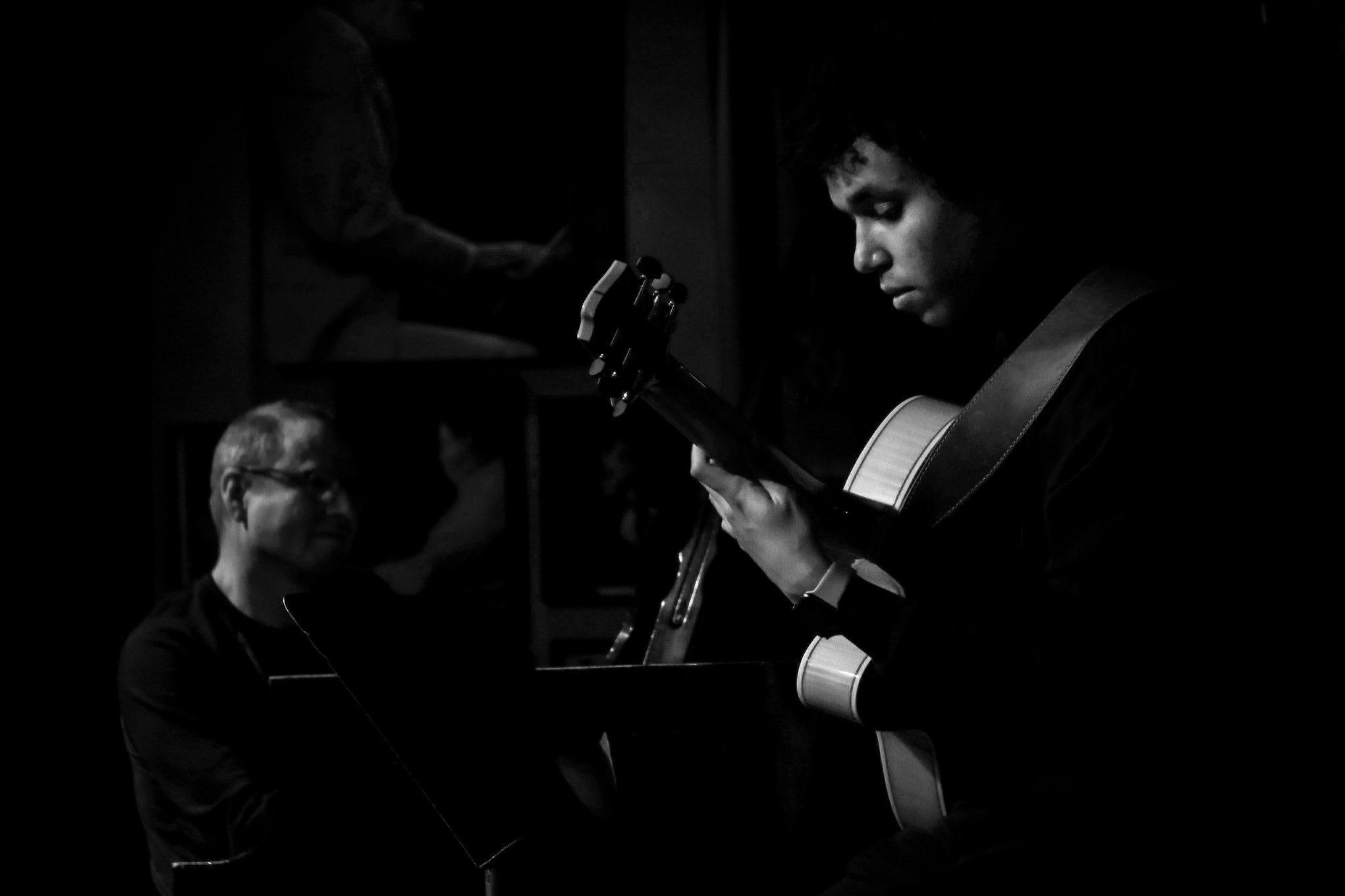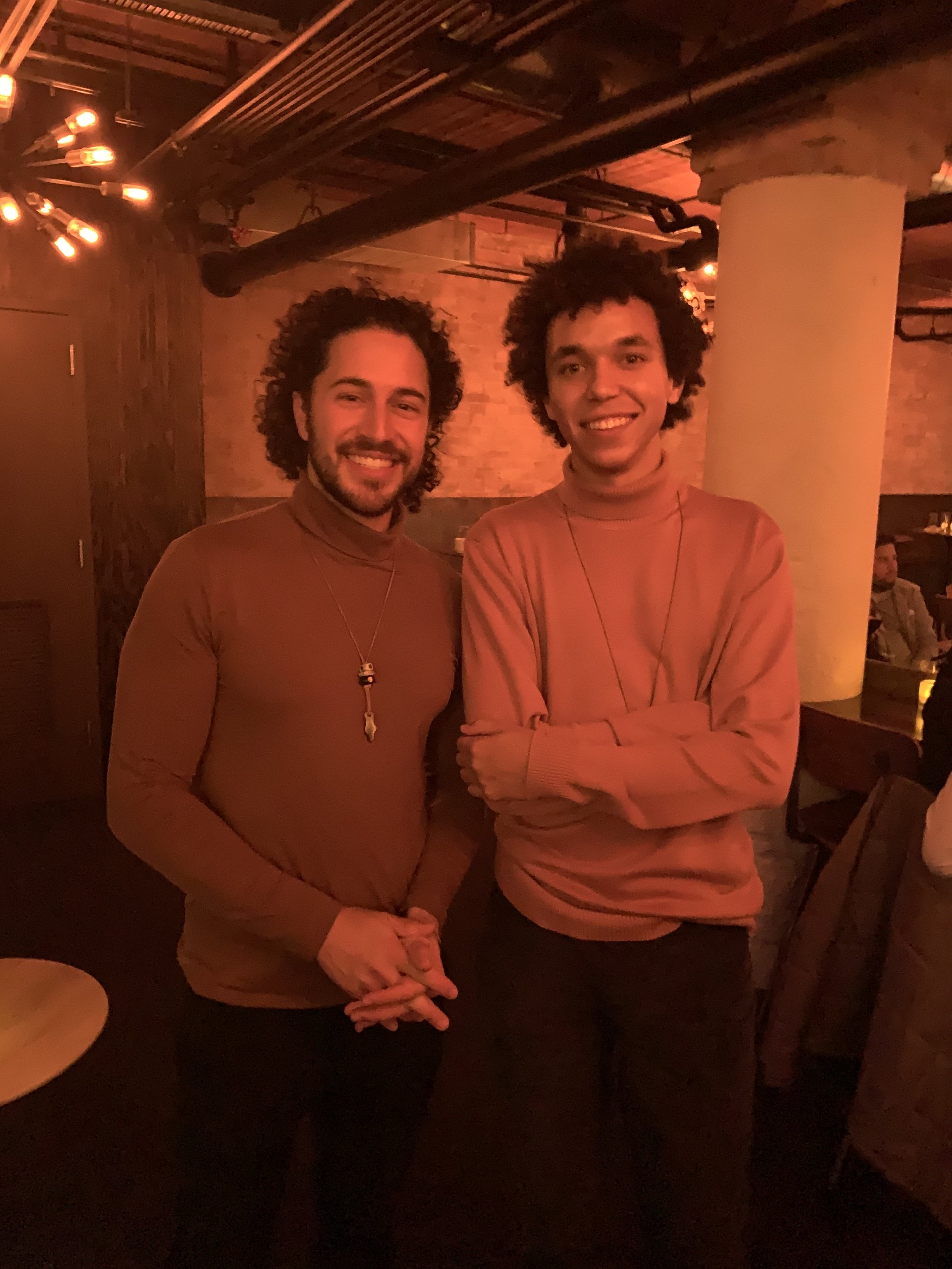
Riley Martin
I am deeply aware that I stand on the shoulders of those who came before me, and I owe my path to the people, experiences, and history that shaped it. To those visiting this page and supporting my journey—you, too, are part of that story. Thank you for being a patron of my art and a witness to its unfolding.
Origins
I come from a long line of musicians and storytellers. My family’s roots trace back to the Tremé neighborhood of New Orleans, one of the oldest Black neighborhoods in America and a historic cradle of jazz. My great-uncle, Walter “Fats” Pichon, was a pianist known for his contributions to the New Orleans scene, and his son, Earl Palmer, became a legendary studio drummer in Los Angeles, playing on records that helped shape the sound of American popular music. Like many Black families in the South, mine took part in the Great Migration—some moved to Chicago, others to Los Angeles, and eventually my branch made its way to San Jose, California.
My grandfather was an engineer for IBM and relocated with my mother and grandmother to Rio de Janeiro, Brazil. Living in Brazil, my mother learned fluent Portuguese and developed a deep love for bossa nova and samba. Her time there would later shape the musical world she raised me in.
My mother is my most profound musical influence. From the backseat of the car, I soaked in her musical tastes, the way she could instantly sing along to a song she’d never heard, intuitively catching lyrics and harmonies. My father was more musically reserved, but when Beethoven or Dave Brubeck played, he would hush the entire car so we could listen closely. Those moments instilled in me a reverence for sound and the sense that music held something worth stopping for, something sacred.
I grew up in San Jose, California, the second youngest of four siblings. My mother bred dogs, and my father continued in engineering. Our household was always full, sometimes with five dogs, sometimes with twenty. I have an older brother and sister, and a younger sister whom I care for deeply.
Music entered my life early, encouraged by both my mother and my siblings. I remember wanting desperately to perform the Rugrats theme on the piano for my elementary school class—something my older brother had taught me, but my music teacher, Ms. B, only allowed students taking formal lessons to perform. Still, I sang in the choir in fifth grade, following in my sister’s footsteps, and found joy in harmonizing with others.
Middle school marked the beginning of my musical independence. I attended a performing arts school and picked up the trombone in seventh grade after learning it was the ticket into the top ensemble: the jazz band. The band wore white jackets and opened every show with “Zoot Suit Riot” by the Cherry Poppin’ Daddies, far from real jazz, but at the time, it felt like the pinnacle of cool. I played a secondhand trombone with a taped-up spit valve and earned my spot. Once I got the jacket, music started to live in my head full-time. But I had no idea where it could take me.
I had received a guitar at age eight, but it wasn’t until high school that I got serious. Living on a farm without nearby neighbors, surrounded by dogs, the guitar became my escape from boredom, then my passion. I begged my father to take me to the shop to get it strung. From there, I taught myself, spending long nights practicing and giving up sleep, social life, and grades. I was obsessed.
During my junior year, a sculpture teacher overheard me talking about jazz and mentioned it to the band director. Though auditions had passed, I was allowed to try out. Around the same time, I befriended the only person I knew who liked jazz. In one afternoon, he played me Wes Montgomery’s Boss Guitar, and when I heard “The Days of Wine and Roses,” something clicked. Jazz wasn’t just music, it was a language, a feeling, a calling. I joined the jazz ensemble. There was already a more experienced guitarist, but I didn’t mind. I was there to learn.
After high school, with my mother’s encouragement, I enrolled in community college to study jazz seriously. She told me I didn’t need straight A’s, I just needed to work hard at something meaningful. That support freed me to dig into theory, transcribe solos, analyze harmony, and practice constantly. I met brilliant mentors, including Bay Area jazz guitarist Mimi Fox, whose guidance was transformative. When I heard she was teaching a weeklong seminar in Berkeley, I signed up, paying my own way, and asked if there was anything I could do to save on costs. She offered a discount if I would pick up the guest instructor from the airport.
That ride changed everything.
The guest was Henry Johnson, a world-class guitarist with deep ties to the jazz tradition. He had worked with legends, his stories weren’t secondhand; they were lived. I asked him every question I could think of, and he answered each one with honesty, humor, and insight. He recognized in me a deep hunger to learn and a frustration with instruction that lacked musicality or practical application. When he told me he taught at Roosevelt University in Chicago, I knew where I needed to go.
I applied and was accepted, with a full-ride scholarship to study jazz guitar, the same instrument I’d once taught myself on a farm in isolation. Under Henry’s mentorship, I came to understand that jazz isn’t just a genre. It’s not a stepping stone to anything else. It’s a world unto itself, a tradition of Black American creativity, resistance, excellence, and soul. Henry showed me that the artists who shaped me had shaped him too. That their work wasn’t just music, it was a lineage to honor and a standard to reach for.
Now, jazz is my life. Real jazz, music that swings, that takes risks, that embraces the blues and expresses something honest, has a hold on me. There is more to it than I’ll ever know, but I’ve committed my life to learning, sharing, and honoring it. Once you catch the bug, nothing else moves you the same way. And as I’ve come to understand, calling something jazz doesn’t make it so. Strip it of its roots—its rhythm, spontaneity, soul, and you strip it of its essence. But when it’s real, it touches something eternal. That’s what I chase. Every day.





